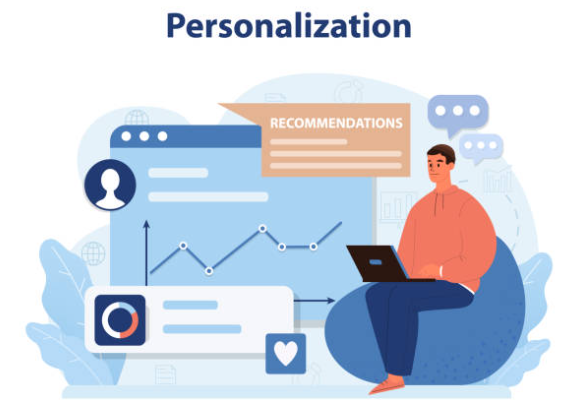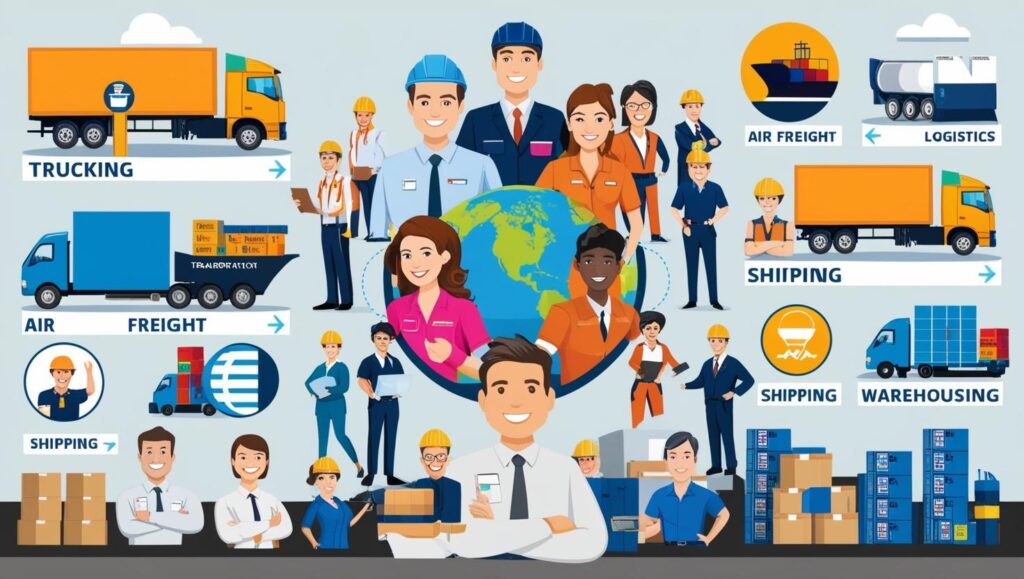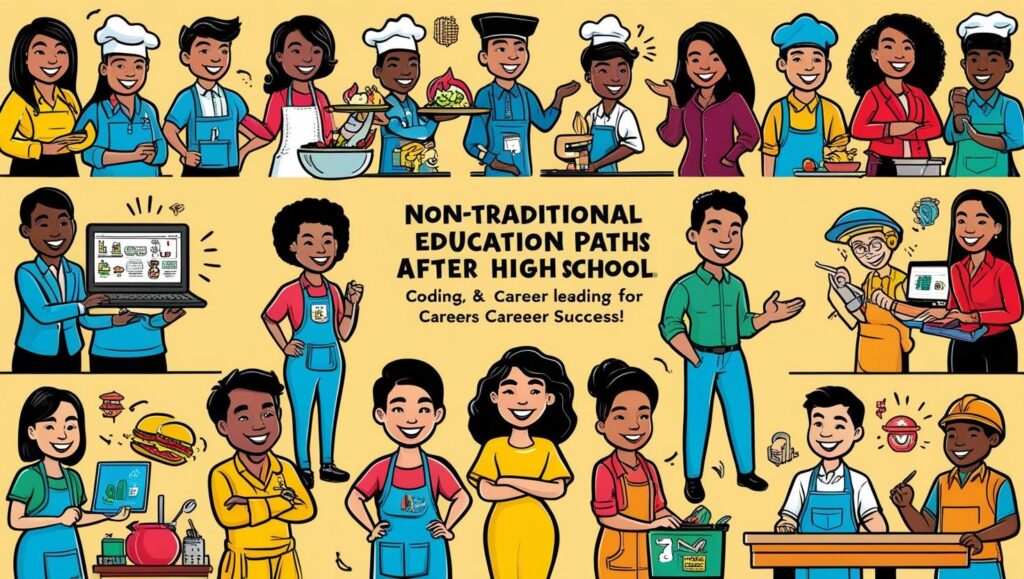Online degree programs in the U.S have become extremely popular. In recent years, there has been a sea change in learning. Distance learning and virtual education were once seen as a secondary alternative to traditional classroom-based learning until technological advancement, increased student demand for flexibility, and appetite for digital transformation for institutions have all brought such learning to the forefront.
The online degree programs in the U.S are the answer to the modern fellow; rather than a phenomenon, they are the evolution of the higher education crowd. Courses are an option for all learners, but courses at all levels are especially appropriate for students who face geographic, economic, or personal barriers. Their flexibility, portability, and capacity to meet the needs of diverse groups of students make courses an appropriate choice for students of all ages.
How Online Degree Programs in the US Are Changing Education
The diversity and innovation of the U.S. education system have been praised for decades. Over the years, as internet technologies and digital platforms matured, universities, colleges started offering more complete degree programs in an entirely online mode. However, this move to virtual classrooms is more inclusive of students who are otherwise unable to pursue higher education due to various factors.
Thousands of students now obtain bachelor’s, master’s, and even doctoral degrees from accredited programs with no campus presence at institutions such as Arizona State University, Southern New Hampshire University, and Purdue Global at the forefront. Virtual education can potentially extend the reach of education across states, continents, and time zones.
Online Degree Programs in the US: Learn When It Suits You

Flexibility is one of the most attractive features of online degrees. Lectures, assignments, and resources are available anytime and anywhere. For those who work full-time and are looking to gain new skills, or a parent needing to balance family obligations, online programs mean you can customize your study schedule to your lifestyle.
Distance learning is flexible and adjusts to the pace of the learners, as opposed to traditional education with scheduled class hours and session-based semesters. Many programs have come to be characterized by asynchronous learning, which means that students do not have to be online at a particular time. This allows a learner to move through the course content when they are most active and alert leading to increased knowledge retention.
Getting Gardeners Without Geographical Limits
Online learning programs are extremely versatile as compared to traditional ones and are not just limited to flexibility. BRIEF: Historically, many students in rural or underrepresented populations have been unable to gain access to quality higher education due to their geographical remoteness from reputable universities. Virtual education closes that gap, allowing you to apply to some of the best universities virtually anywhere.
Accessibility goes beyond just location. Tuition can be lower with online programs, with fewer commuting costs and minimal textbook costs thanks to digital resources. Such ease of finances allows students who otherwise might not attend college due to cost of obtaining a typical degree to pursue their dreams.
In addition, online platforms are making strides toward investing in inclusive technologies (e.g., screen readers, captioned videos, and multilingual interface content) to promote full participation of all students, including those who may have disabilities or other barriers to learning.
Academic Quality Assurance and Accreditation

And perceptions have changed, with an increasing recognition that online degrees can be as academically rigorous and credible as on-campus degrees. Most established schools have extensive quality assurance standards for their online programs. These programs are created and taught by faculty with real world experience, many whom also teach students on campus.
In distance education, accreditation is a significant process that not only establishes that the program meets standards on a national level but also ensures its recognition by employers and other institutions. Those interested in enrolling in a program should always check that it is accredited by a legitimate provider, such as the U.S. Department of Education or the CHEA (Council for Higher Education Accreditation).
Develop your skills while propelling your career forward.
Continuous learning is an important part of today’s job market. Several working professionals undertake online degree Programs, either to increase their qualification for an existing job role, study a different subject to switch to a different career, or to keep up with the changes in the respective field. The rise in value of these programs, especially if the degree comes from an reputable institution, is making employers take notice.
Self-Discipline and Other Skills Online Students Often Foster Great Self-Discipline and Time Management and Digital Interpersonal Skills, All of Which are Key Characteristics in the Modern Workplace. Additionally, lots of virtual learning environments incorporate practical applications using such things as simulations, virtual labs, and case studies, all of which better prepare graduates for real-world situations.
Expanding Fields of Study in Online Degree Programs in the US
In the early days of online education, they were largely restricted to business administration and information technology fields. Almost every academic discipline today has a corresponding online degree available including healthcare, education, criminal justice, engineering and the liberal arts.
This growth in academic offerings demonstrates how flexible and scalable these platforms for virtual education are. Integration of tools like virtual reality labs in science, or AI-based language learning tools greatly facilitate the learning process and add more interactivity in educational programs.
Tailored Learning Experiences Through Online Degree Programs in the US

Customized Learning.g But the biggest benefit of distance learning is that the learning is customized to the student’s level. Online platforms frequently employ adaptive learning technologies that assess a student’s progress and recommend tailored study plans. Such a level of personalization is an obstacle removal that shortens the time for students to understand the concept.
Further, because digital learning environments are generally mixed media videos, podcasts, articles, forums, and interactive quizzes that engage all the learning styles As a result, students are more actively engaged and have a higher level of satisfaction.
Building a Global Network
Though people sometimes think of online education as a lonely endeavor, many programs encourage community and teamwork. Synchronous sessions, such as group projects or discussion boards, allow students to interact with peers and professors. It adds to a rich learning experience boosting cross border personal and professional networking opportunities among students.
In addition, virtual classrooms are simply more global, which means that you are getting exposure to different cultures, perspectives, and ways to approach problems, which is invaluable in our interconnected world.
Prepare for the Future of Learning
The rise of online degrees in the U.S. signals a wider shift toward lifelong, tech-enabled learning. With a wide-reaching environment of the workplace that continues to evolve and an accelerating ascent of remote work, the need for relevant, flexible, and easily accessible education will continue to grow.
As these changes happen, it is safe to assume that colleges and universities will continue to pour resources into developing online programs, as well as integrating AI tutors, blockchain-based credentials, and immersive virtual reality experiences into the learning process. For students, that means a more informed and dynamic education that fits the times we live in.
Conclusion
Online degree programs in the US offer more than just convenience. They embody a new shift toward modernising education in a way that is more flexible, more inclusive and which adapts to the varied requirements of today’s learners. Considering the pace of technological advancement and the rise of institutional support of distance learning, virtual education will have even greater potential to influence the future of higher education.
While online degrees may be common now, the advantages they have provided to individuals and the workforce will not fade as students increasingly take advantage of the ability to learn whenever and wherever they like in pursuit of new degrees, using these new definitions of academia to continue to shape the modern world.




Pingback: Maximize Your Online Degree Value: Networking & Jobs - Education Hub